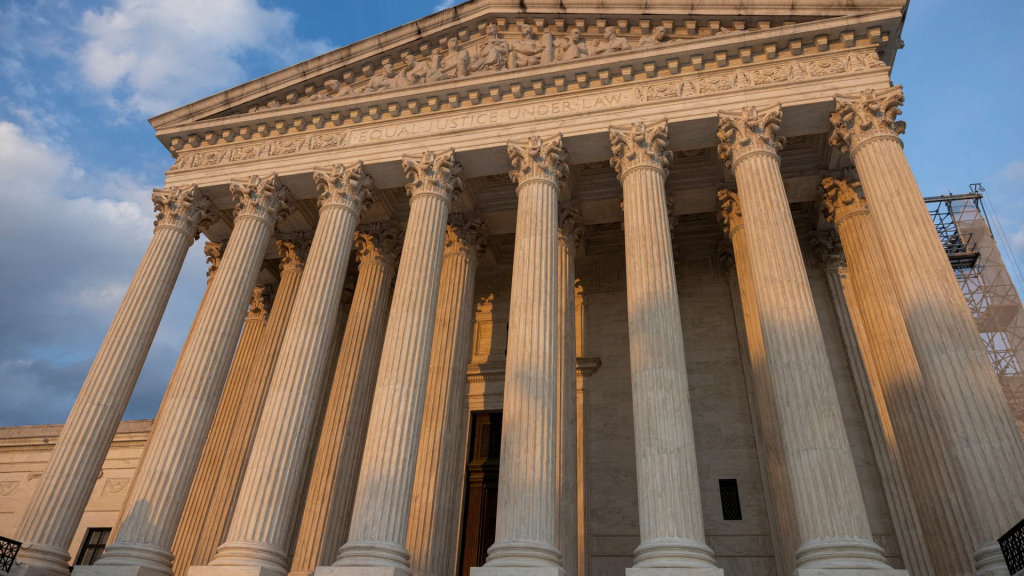The Supreme Court indicated on Thursday that members of the Federal Reserve board may be insulated from presidential removal, while simultaneously allowing President Donald Trump to proceed with firing two officials from other federal boards.
The court’s ruling countered assertions from Gwynne Wilcox of the National Labor Relations Board and Cathy Harris from the Merit Systems Protection Board, who contended that their termination challenges raised constitutional concerns over the “for-cause removal protections” enjoyed by Federal Reserve board members.
“The Federal Reserve is a uniquely structured, quasi-private entity that follows in the distinct historical tradition of the First and Second Banks of the United States,” the majority opinion stated.
The ruling saw dissent from the court’s three liberal justices, while the six conservative justices upheld that Wilcox and Harris would remain removed from their positions as their legal challenges to their dismissals are still underway.
While the ruling does not categorically preclude any president from firing a Federal Reserve board member, it suggests significant opposition would arise from the Supreme Court should such a decision be attempted.
A federal district judge in Washington, D.C., had previously barred Trump from ousting both women, an order that was later reaffirmed by an appeals court.
However, in early April, the Supreme Court intervened, suspending these rulings as the case continued, which meant that Trump was not required to reinstate the two individuals to their boards.
This temporary order was further solidified in the Supreme Court’s Thursday ruling.
“Because the Constitution vests the executive power in the President … he may remove without cause executive officers who exercise that power on his behalf, subject to narrow exceptions recognized by our precedents,” the majority articulated in the decision.
The majority also expressed that their stay “reflects our judgment that the Government is likely to show that both the NLRB and MSPB exercise considerable executive power.” However, they refrained from making a definitive ruling on whether these entities fall under any recognized exceptions at this stage, deeming it more appropriate for thorough examination later on.
Moreover, the majority reasoned that the government faces a heightened risk of harm from a ruling permitting a removed officer to retain executive powers than a wrongfully dismissed officer faces in being unable to fulfill her statutory obligations.
Federal Reserve Chairman Jerome Powell, who has faced criticism from Trump, stated in November that he would not resign if asked, asserting that the president lacks the authority to terminate his position. “Not permitted under the law,” Powell clarified.
This is breaking news. Please refresh for updates.


























